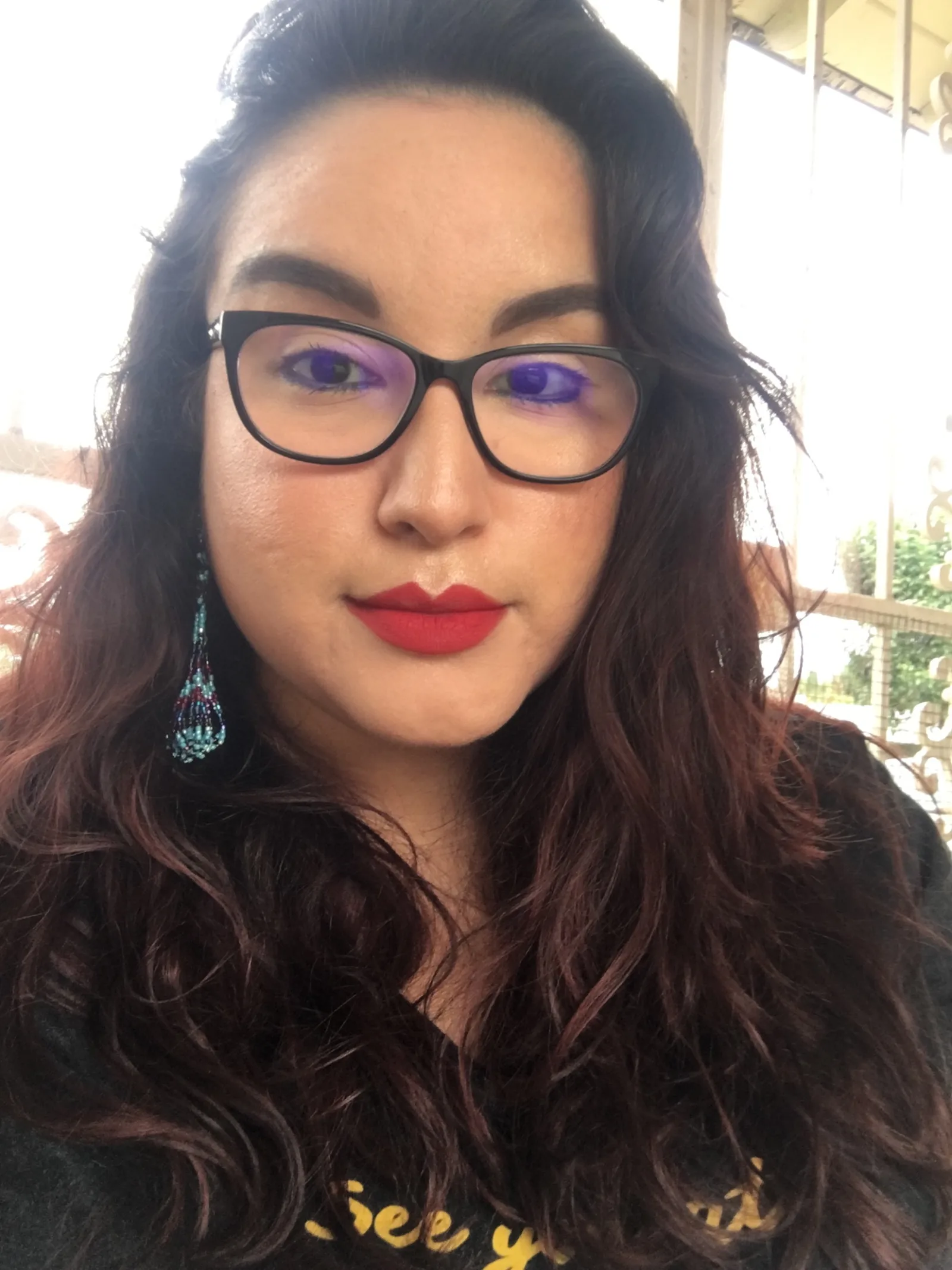Native American women from the American Southwest have always used basket weaving to maintain relationships with nature, their spirituality, tribal histories, sovereignty, and their ancestors. However, since the late nineteenth century, with the emergence of a tremendous tourist industry in the Southwest, non-Indians have perceived Native American basketry as a commoditized practice with no connection to tribal traditions or spirituality. Yet, during the last decade of the twentieth century, Native Americans scholars pushed back against these dominant narratives by acknowledging the harsh realities of settler colonialism. Even more extraordinary, researchers placed Native American women at the center of their arguments to affirm their adherence to cultural traditions and their continual commitment to tribal continuity. Despite these accomplishments, however, scholars have not applied this research to American Indian women basket weavers. Because of this absence in the historiography, numerous non-Natives continue to believe indigenous basketry of the American West is an art form that lacks traditional methods, continuity, techniques, and cultural connections to communities.
To combat these preconceptions, the proposed paper will examine the life and works of Apache/Cahuilla weaver, Lorene Sisquoc of Riverside, California. Sisquoc has dedicated her life to learning and teaching about the beauty of ancestral Cahuilla basketry. However, her path to becoming familiar with this craft was not always accessible. Overall, this examination of Sisquoc’s life will provide details as to how one Native woman was able to recapture what had been lost to her ancestors and how she has used basketry to teach dozens of Native students to take pride in themselves and their traditions.
Meranda Owens is Northern Paiute and Mexican-American American. She earned her PhD at the University of California, Riverside in Native American Studies. Her doctoral work focused on how several Native women basket weavers have used basketry to express their sovereignty. Meranda currently works at the Field Museum as Post-Doctoral Fellow for the Native American Hall renovation. She is working with Dr. Alaka Wali on researching potential stories that could be told in the new exhibit, as well as providing feedback on how the museum can work more seamlessly with Native people around the country. Meranda is dedicated to having Native people tell their own stories and to fix the inaccurate portrayals that people have about indigenous societies.
For more information please call the D’Arcy McNickle Center Program Coordinator, Patrick Rochford at (312) 255-3552 or email rochfordp@newberry.org
